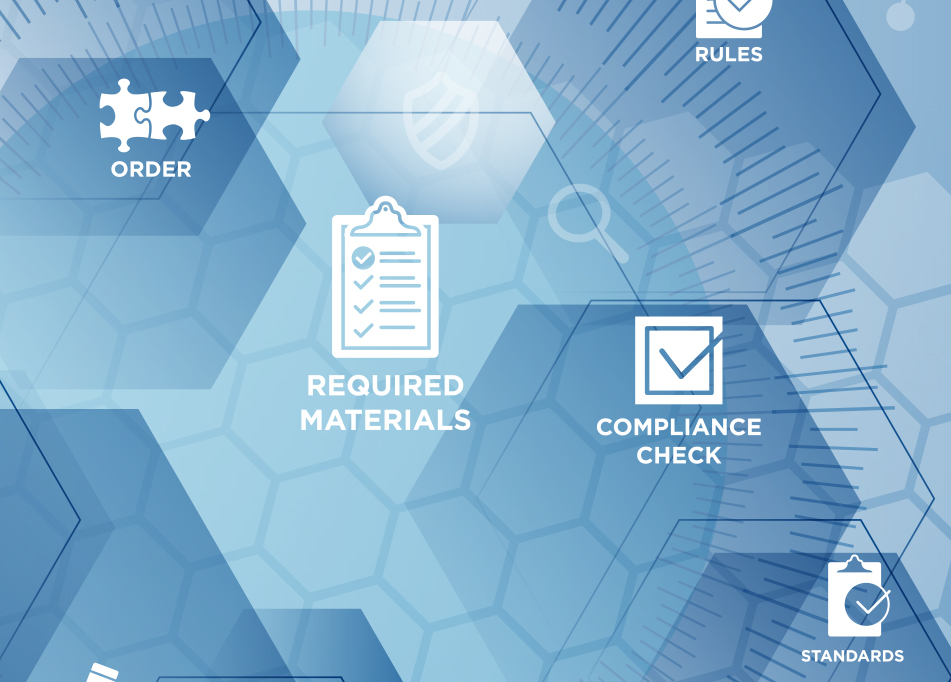New guidance helps to clarify applications and regulatory requirements affecting SARS-CoV-2 antigen testing, noting differences between COVID-19 diagnostic and screening testing versus surveillance testing.
The US Centers for Disease Control and Prevention (CDC) released interim guidance for “clinicians who order antigen tests, receive antigen test results, and/or perform point-of-care testing, as well as for laboratory professionals who perform antigen testing in a laboratory setting or at the point of care and report those results.” The stated purpose of this guidance is to support the most effective use of COVID-19 antigen tests in different testing situations.
Specific definitions of different types of antigen testing, including diagnostic testing, screening testing, and surveillance testing, are included in the CDC’s advisory, as well as general guidance for SARS-CoV-2 antigen testing.
COVID-19 Antigen Testing for Diagnostic, Screening, and Surveillance
After a general overview, the CDC guidance addresses specific regulatory requirements for rapid antigen tests for SARS-CoV-2 tests. The guidance specifically addresses:
- Diagnostic and screening tests: According to the CDC guidance, “Laboratory and testing professionals who conduct diagnostic or screening testing for SARS-CoV-2 with rapid antigen tests must also comply with Clinical Laboratory Improvement Amendments (CLIA) regulations. Any laboratory or testing site that intends to report patient-specific test results must first obtain a CLIA certificate and meet all requirements to perform that testing.”
- Surveillance tests: The CDC guidance states, “Laboratory and testing professionals who conduct surveillance testing for SARS-CoV-2 with rapid antigen tests are not obligated to comply with these FDA and CLIA requirements. However, CDC recommends that facilities that conduct surveillance testing for SARS-CoV-2 with antigen tests should use an antigen test that has been authorized for use, which are listed on the FDA’s In Vitro Diagnostics EUAs.”
The CDC guidance further addresses the collection and handling of clinical specimens, warning that the use of viral transport media may lead to dilution of the sample. The guidance also recommends that testing be performed as quickly as possible after acquiring the sample.
Moreover, the CDC reinforced the performance of PCR-based SARS-CoV-2 diagnostic testing when compared to antigen testing. “The ‘gold standard’ for clinical diagnostic detection of SARS-CoV-2 remains RT-PCR,” CDC guidelines state. Thus, it may be necessary to confirm a rapid antigen test result with a nucleic acid test, especially if the result of the antigen test is inconsistent with the clinical context.”
Antigen Test Purpose: Clinical Context and Specimen Timing Important
“When confirming an antigen test result with a RT-PCR test, it is important that the time interval between the two sample collections is less than two days, and there have not been any opportunities for new exposures between the two tests,” CDC guidelines continue. “If more than two days separates the two tests, or there have been opportunities for new exposures between the two tests, the nucleic acid test should be considered a separate test—not a confirmatory test.”
Evaluation of Rapid Antigen Test Results
Toward SARS-CoV-2 rapid antigen testing, the CDC recommends consideration of context, including:
- Performance characteristics such as sensitivity and specificity;
- Instructions for use for the FDA-authorized assay;
- Local prevalence of COVID-19; and
- The clinical and epidemiological context of the person being tested.
SARS-CoV-2 antigen tests have become increasingly popular as a screening tool. Therefore, clinical laboratory leaders must be aware of CDC guidelines for utilizing and reporting these tests. For example, public health reporting requirements apply to antigen-based tests, the CDC noted in this interim guidance. Furthermore, these tests should be specifically distinguished from other methods of testing when reporting results.
Additionally, it is important to understand that the specific purpose of the antigen test can impact its regulatory requirements. Surveillance testing will not require compliance with CLIA regulations, while screening and diagnostic tests will, according to the CDC.
As more becomes known about the performance of specific SARS-CoV-2 diagnostic tests in context, clinical laboratory professionals can help provide guidance on how to apply antigen tests, as well as the importance of the role that PCR testing plays as the CDC-recognized “gold standard” of testing.

—By Caleb Williams, Editor, COVID-19 STAT






